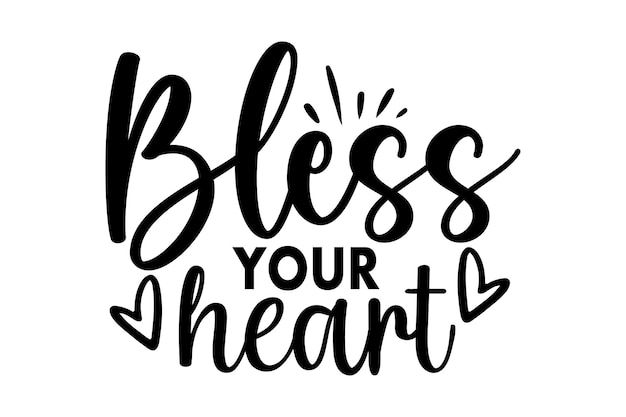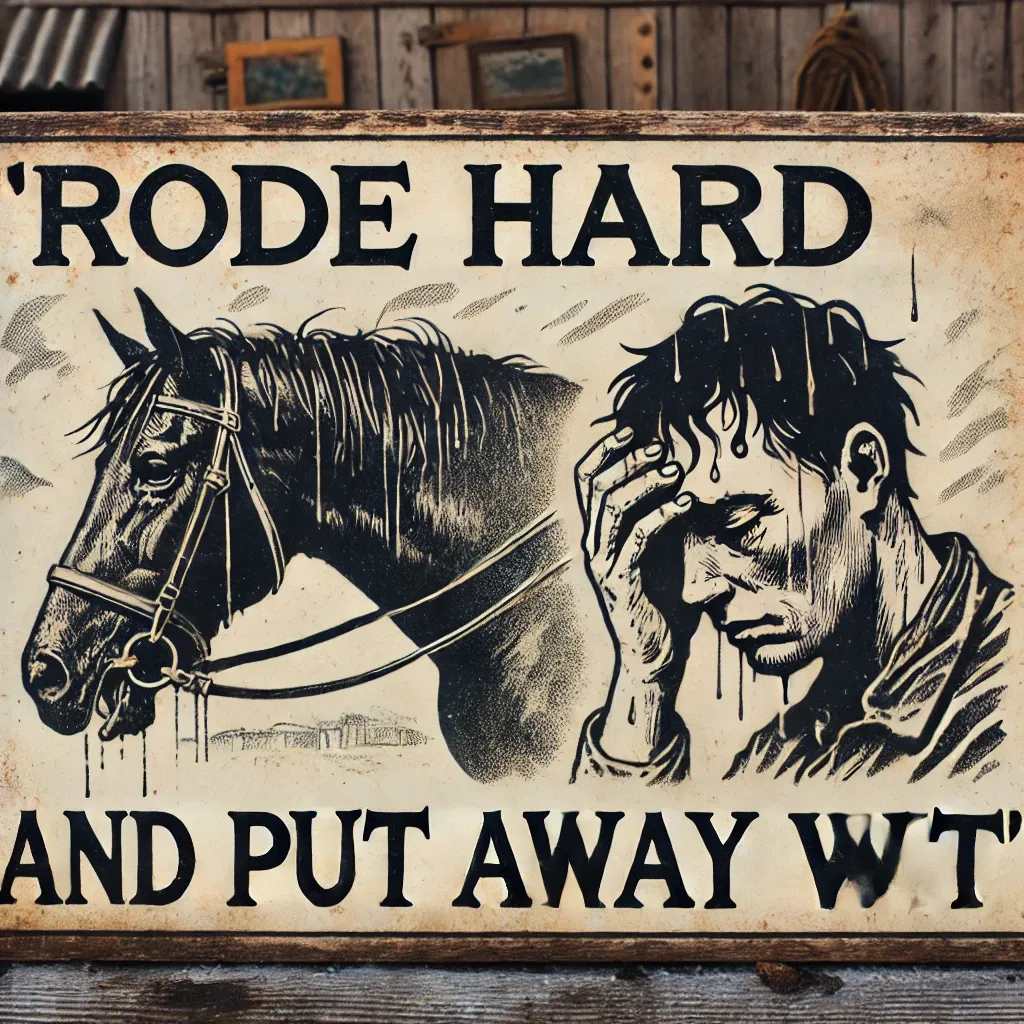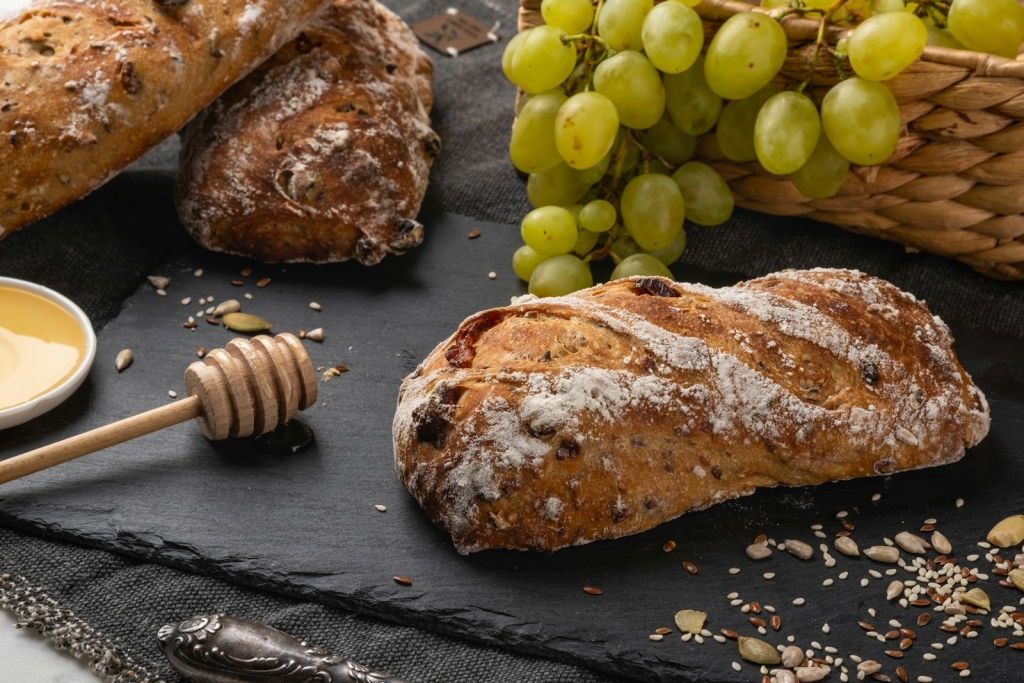
Alright, y’all! Ever find yourself south of the Mason-Dixon Line, listening intently to a charming conversation, only to realize you’re going to need a full-blown linguistic roadmap to keep up? Don’t worry, you are absolutely not alone! The American South is a vibrant, captivating tapestry of culture, tradition, and, perhaps most notably, a wonderfully colorful dialect that’s as rich and comforting as a tall glass of sweet tea on a sweltering summer day.
While some folks outside the region might mistakenly view Southern colloquialisms as mere quaint expressions or even signs of ignorance, those of us who live here know better. Our unique phrases are often deeply rooted in fascinating history, sometimes tracing their lineage all the way back to Old English! These aren’t just random words; they’re living relics, testaments to the enduring bond between early English settlers and the evolving American South. They prove that Southern speech is a masterclass in vivid imagery, polite bluntness, and expressions that truly make language sing.
So, forget what you *thought* you knew about regional accents and prepare to have your mind delightfully expanded. We’re about to embark on an entertaining linguistic adventure, diving deep to decode 10 classic Southern sayings that might just leave our Northern, Midwestern, and Western friends scratching their heads. Get ready to demystify these charming, often humorous, expressions and learn how to truly understand (and maybe even use!) them like a local. Let’s get to it, sugah!

1. **Over yonder**You’re out and about, maybe visiting a quaint Southern town, and you ask a friendly local for directions to the nearest grocery store. They might politely wave a hand in a general direction and say, “Oh, the grocery store? It’s just over yonder past the church.” If you’re a Northerner, your brain might immediately start craving precise street names, mileage, or a GPS coordinate. But in the South, “over yonder” is often as specific as it gets! It conveys a non-specific distance away, usually farther than immediate proximity, but definitely still within the realm of possibility.
What makes this phrase even cooler is its incredibly old linguistic roots. “Over yonder” isn’t just a casual, modern invention; it actually descends directly from the Old English word “geond.” This ancient term was used to describe something being “at a distance or afar.” As the English language journeyed through Middle and then Modern English, “geond” colloquially settled into the Southern dialect, evolving into the beloved phrase we know today for “over there.” It’s a delightful reminder of how language carries history.
So, next time you hear someone point you “over yonder,” don’t panic or ask for a mile marker. Simply follow the general wave of their hand, embrace the relaxed pace of Southern life, and trust that you’ll eventually find what you’re looking for. It’s a phrase that perfectly embodies the unhurried charm of the South, inviting you to slow down and enjoy the journey, not just the destination.

2. **Carry**Picture this: you’ve just arrived at a bustling Southern airport, perhaps after a long flight. Your new Southern friend greets you with a warm smile and then asks, “Can you carry me to the airport tomorrow for my flight?” Your immediate thought might be: “Wait, are they expecting me to physically lift them and transport them? Am I strong enough for that?” Relax, your muscles are completely safe! In the Southern lexicon, “carry” takes on a meaning that can be quite surprising to those accustomed to its more common interpretation.
Here in the South, “carry” simply means “to take or escort someone somewhere.” It’s entirely about transportation, not about physical strength or holding an object. So, when your friend asks you to “carry” them to the airport, they’re just asking for a ride, or for you to accompany them there. This usage is perfectly normal and understood across the region, showcasing a distinct regional variation in vocabulary.
This unique Southern application of “carry” isn’t a new invention; it’s a fascinating example of linguistic preservation. While contemporary English predominantly uses “carry” in the context of physically holding an object, this Southern usage harkens back centuries to Middle English. In that earlier period, “carry” frequently denoted guidance or leadership, much like in the more familiar phrases “carry forth” or “carry on.” It’s a beautiful, living echo of an older linguistic tradition, highlighting how Southern speech has lovingly held onto certain historical nuances of the English language.

3. **Fixing to**You’re enjoying a casual chat with a new Southern acquaintance, perhaps discussing plans for the afternoon. They casually remark, “I’m fixing to go to the store. Need anything while I’m out?” If you’re not from the South, you might find yourself momentarily bewildered, wondering if they’re about to perform some emergency repairs or adjustments before their shopping trip. But fear not, no tools are required! In the vibrant Southern dialect, “fixing to” is a widely used and wonderfully expressive way of saying you are “preparing or intending to do something.”
This versatile phrase conveys a clear sense of imminent action, though often with that relaxed, unhurried pace characteristic of Southern life. It means you have every intention of doing something, but you might just take your own sweet time getting around to it – the commitment is there, the immediate urgency, maybe not so much. It’s a phrase that truly captures a certain laid-back approach to future actions.
While the precise origins of “fixing to” are a subject of some historical debate and are considered somewhat cloudy, linguists generally believe that “fixing” in this context originates from the idea of “setting things in order” before embarking on a task. It’s like you’re tidying up all your ducks in a row, making all the necessary preparations, before you actually start. The Yale Grammatical Diversity Project English in North America notes its particular commonality in the South Atlantic and the Gulf States, and there’s even a fascinating theory that it might be related to the African American English phrase “finna,” though the exact connection remains unclear.

4. **Bless your heart**Ah, “Bless your heart.” This phrase is undeniably the most famous—and often the most hilariously misinterpreted—Southern saying. On the surface, it sounds incredibly sweet, tender, and empathetic, like a genuine expression of sympathy or concern. For instance, if someone shares sad news, a Southerner might truly and kindly say, “Oh, bless your heart,” genuinely bestowing favor or protection in a moment of sorrow. The South, with its deep Christian roots, often incorporates religious language into daily speech, making blessings a natural part of daily life.
However, brace yourself, because this seemingly innocent phrase often carries a subtle, sharper edge. It is, perhaps, the quintessential “couth Southerner’s way of insulting your intelligence without using so many words.” When delivered with a slight pause, a particular tone, or a gentle head tilt, “Bless your heart” can very politely (or not-so-politely, depending on the context!) imply that someone is naive, foolish, a little bit clueless, or perhaps just not quite up to par. As Tinsley Mortimer, a Southern gal and “Real Housewives of New York” star, so aptly put it, “Truth be told, nothing is more bitchy than ‘Bless her heart.’ It’s our way of excusing what’s going to come out of our sassy Southern mouths.”
As Kirk Hazen, an English professor at Western Virginia University and an expert on American dialects, explained, “It’s an expression that has a couple of different implications that go with it. And it all is related to power—the power of who’s talking and who’s listening.” It has become incredibly popular, a perfect example of what linguists call “enregisterment”—when a way of speaking becomes known and recognized as part of a certain group, place, or identity. So, the next time you hear “Bless your heart,” pay close attention to the context and the speaker’s eyes; you might be getting a sweet blessing or a polite verbal smackdown.

5. **Cattywampus**Have you ever walked into a room and noticed that a picture on the wall is hanging just a little bit crooked? Or perhaps your friend is wearing their hat slightly askew? In the vibrant linguistic landscape of the South, you wouldn’t just say it’s “crooked”; you’d describe it as “all cattywampus!” This wonderfully quirky and expressive term perfectly captures the feeling of something being “crooked, askew, or awry.” It’s a fun word to say and immediately paints a clear picture of something being slightly off-kilter. “Your hat’s all cattywampus! Let me fix it for you,” a kind Southerner might offer, often with a helpful gesture.
The origins of “cattywampus” are as delightfully jumbled and perhaps as “askew” as the word itself. Linguists believe it likely evolved from a playful combination of older terms. The “cater” part is thought to come from the Old French word “quatre” (meaning “four”), which historically implied something diagonal or set at an angle. The “wampus” component is an older term that suggested distortion or a twisted shape. It’s truly a linguistic mashup that resulted in a wonderfully descriptive and unique expression.
Interestingly, according to Useless Etymology, the word “cattywampus” has actually changed meanings over time. The adverb “catawampusly” once meant “avidly,” and the noun referred to a “fantastical creature.” Even more fascinating, in the 1840s, British writers reportedly used the term to mock American Southern slang. Talk about a linguistic glow-up: the very culture it once poked fun at has now fully embraced and integrated “cattywampus” into its everyday vocabulary. It’s a testament to the South’s ability to take something and truly make it its own.

6. **Rode hard and put up wet**Imagine a long, grueling day at work, perhaps a 14-hour shift that left you utterly drained and disheveled. A sympathetic Southerner might observe, “After that 14-hour shift, he looked like he’d been rode hard and put up wet.” This incredibly vivid Southern expression might initially sound a little, well, *blue* or even slightly inappropriate to unaccustomed ears. However, its meaning is crystal clear: appearing utterly worn out, exhausted, and generally looking worse for wear. It’s a powerful, almost visceral, metaphor for someone who’s had a truly rough time.
The phrase finds its deep roots in classic equestrian culture, demonstrating the strong historical connection many Southerners have with their land, livestock, and traditional ways of life. For anyone familiar with horses, the imagery is stark: a horse that has been ridden strenuously for a long period, especially in hot weather, and then neglected – meaning not properly cooled down, walked, or groomed while still sweaty before being returned to its stable – will suffer. Such neglect leads to a visible state of distress and dishevelment in the animal.
This expression brilliantly applies that same powerful image of neglect, overwork, and exhaustion directly to a person’s appearance or state. It paints a clear and unmistakable picture of someone who is not just tired, but profoundly weary, perhaps even uncared for or pushed beyond their limits. It’s a truly descriptive phrase that quickly conveys a deep understanding of someone’s current predicament, showcasing the South’s knack for creating memorable and impactful colloquialisms rooted in everyday experiences.

7. **Full as a tick**It’s the grand finale of a quintessential Southern meal – perhaps a Thanksgiving feast, a Sunday dinner after church, or a backyard barbecue laden with every delicious dish imaginable. You’ve savored every bite, indulged in second (and maybe third) helpings, and now you’ve eaten so much that you literally feel like you might pop. What’s the perfect, most widely understood Southern way to describe that feeling of absolute satiation? “After Thanksgiving dinner, I was full as a tick!” This expression means you are “extremely full, especially after eating,” to the point of complete and utter repletion.
The imagery behind “full as a tick” is incredibly vivid and, admittedly, a little graphic for some, but it’s undeniably effective and perfectly captures the sensation. Ticks, those tiny arachnids, are notorious for their feeding habits: after engorging themselves on blood, they can swell up dramatically, sometimes to many times their original size, becoming visibly plump and distended. This makes for a perfectly apt, if slightly unsettling, comparison for a human who has just consumed a hefty meal and feels similarly distended.
Despite the somewhat unpleasant visual, the phrase’s descriptive power ensures that this expression has firmly stuck around in the Southern lexicon. It’s a testament to how Southerners use striking, memorable comparisons from their natural environment to convey common experiences. So, next time you’ve eaten so much you feel you can’t move, just lean back, sigh contentedly, and declare yourself “full as a tick” – you’ll be speaking like a true Southerner.
Understanding Southern speech isn’t just about translating words; it’s about soaking in a whole vibe, a way of looking at the world that’s as unique and flavorful as a homemade pecan pie. We’ve got more charmingly quirky, surprisingly polite, and deeply historical phrases coming your way that will have you speaking like a local in no time.
This next batch of expressions continues our deep dive into the colorful world of Southern slang, revealing even more cultural nuances that make these phrases indispensable. From subtly expressing impatience to politely avoiding profanity, these sayings are both brilliantly descriptive and wonderfully antiquated. Get ready to truly ‘speak Southern’ and avoid any awkward misunderstandings.

8. **Directly**You’re chatting with a Southern friend, perhaps making plans, and they say, “I’ll be there directly, just finishing up here.” If you’re anything like me, your Northern-tuned brain might immediately think, “Directly? As in, right this very second?” But hold your horses (another good one, by the way!), because in the South, “directly” has a slightly more… leisurely pace. It simply means “in a short while” or “soon.” It’s a promise, but maybe not an *instant* promise.
This isn’t just Southerners being vague; it’s a lovely echo from the past. The word “directly” has roots in Middle English, where it was often used to indicate a straightforward progression or sequence in time. Over centuries, in the South, it gently shifted to mean “shortly,” maintaining that sense of an uncomplicated timeline, even if the timeline itself is a bit stretched out. It perfectly captures that charming, unhurried rhythm of life below the Mason-Dixon.
So, when a Southerner says they’ll be there directly, don’t start tapping your foot impatiently. They’re coming, and they’ll get there in due course. Just take a deep breath, maybe pour yourself some sweet tea, and enjoy the moment. Good things (and good company) come to those who wait, Southern style!

9. **Lick**You’re baking, perhaps, and realize you’re missing a key ingredient. A Southerner might lament, “Oh, I don’t have a lick of sugar left for this tea!” If you’re picturing them trying to literally lick a sugar bowl clean, you’re on the wrong track! In the charming Southern vernacular, “lick” is used to mean “a tiny amount” or, often, “none at all.” It’s a wonderfully expressive way to convey scarcity.
This phrase likely gets its vivid meaning from the most minimal substance one might obtain from a single lick of something. Think about it: a quick lick of a spoon would yield barely any taste or quantity. So, if you don’t even have a “lick” of something, you truly have next to nothing. It’s an effective and memorable way to describe an almost complete absence.
It’s another example of how Southern language uses simple, tangible imagery to convey complex ideas of quantity or lack. It adds a touch of homespun charm to everyday conversation, making it clear that you’re in a situation where you’re really scraping the bottom of the barrel!

10. **More than Carter has pills**Ever heard someone describe an abundance of something by saying there’s “more than Carter’s got little pills”? If you’re scratching your head, wondering who Carter is and why his pill count is the ultimate metric for plenty, you’re not alone! This Southern expression means there’s “a very large amount of something,” so much so that it’s practically uncountable.
This wonderfully quirky phrase refers to a real piece of American commercial history: the hugely successful product known as “Carter’s Little Liver Pills.” These tiny, much-marketed pills, first created in 1868, were so ubiquitous and heavily advertised, especially from the late 1880s well into the 20th century, that they became a household name. Imagine seeing their amusing television commercials in 1961!
The sheer volume of these little pills made them the perfect metaphor for an overwhelming quantity of anything, from excuses to problems. Even though the actual medicine is now largely forgotten, the vivid idiom it inspired has firmly stuck around in the Southern lexicon, a testament to its memorable imagery and the enduring power of a good marketing campaign!
And there you have it, y’all! From the vague directions of “over yonder” to the polite exasperation of “Heavens to Betsy,” we’ve peeled back the layers of 10 Southern sayings that are as rich in history and culture as they are in charm. These aren’t just quaint expressions; they’re living linguistic artifacts that showcase the South’s unique heritage, its love for vivid imagery, and its delightful blend of frankness and politeness.
Next time you find yourself south of the Mason-Dixon, don’t just listen; *understand*. Embrace the colorful metaphors, the gentle euphemisms, and the deep historical roots that make Southern English truly sing. You’ll not only navigate conversations with ease, but you’ll also gain a deeper appreciation for this vibrant corner of American culture. So go on, try a few out yourself – you’ll be speaking like a true Southerner in no time! Bless your heart, you’ve got this!


.jpg/1200px-Dawn_on_the_S_rim_of_the_Grand_Canyon_(8645178272).jpg)
